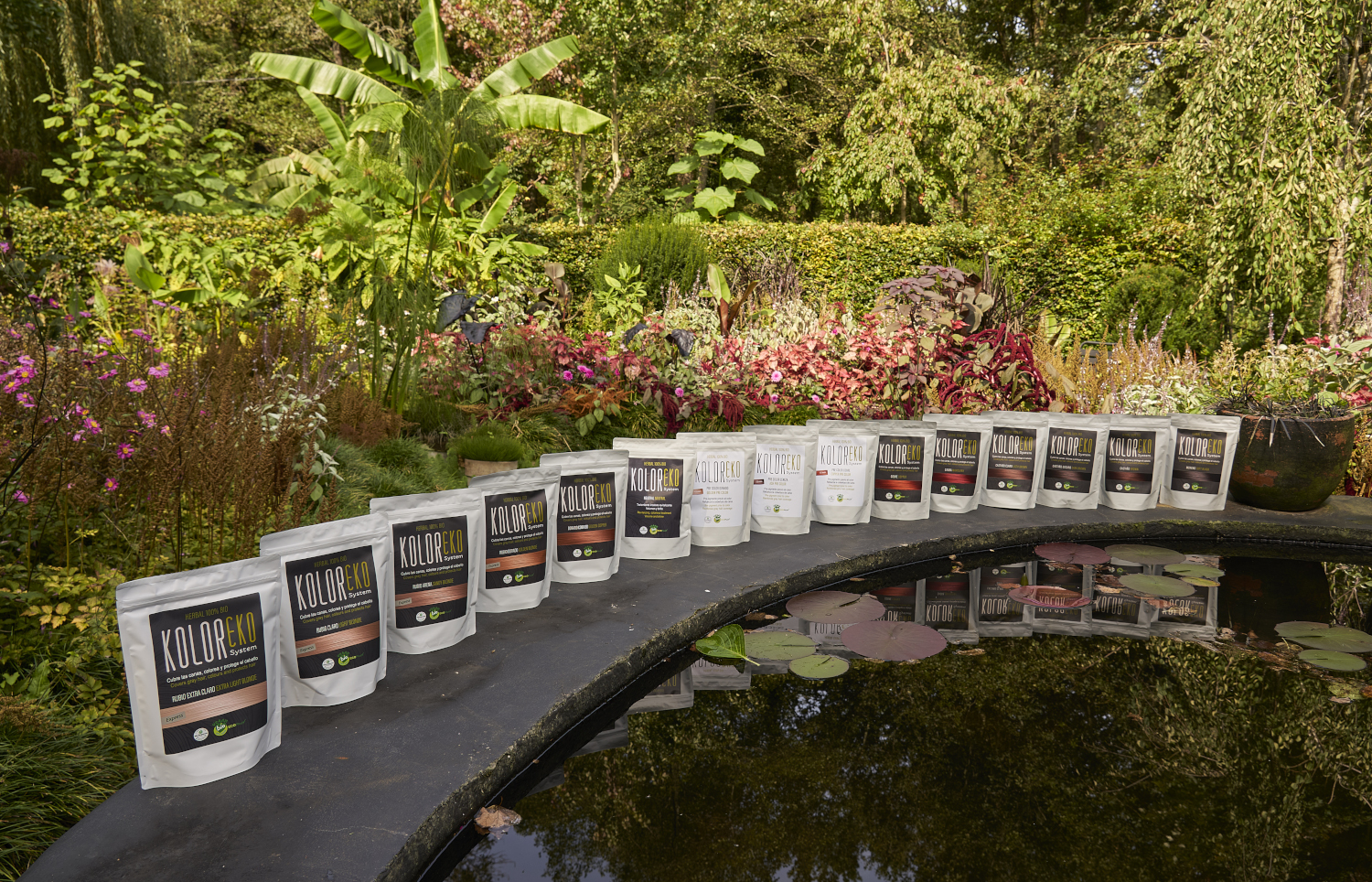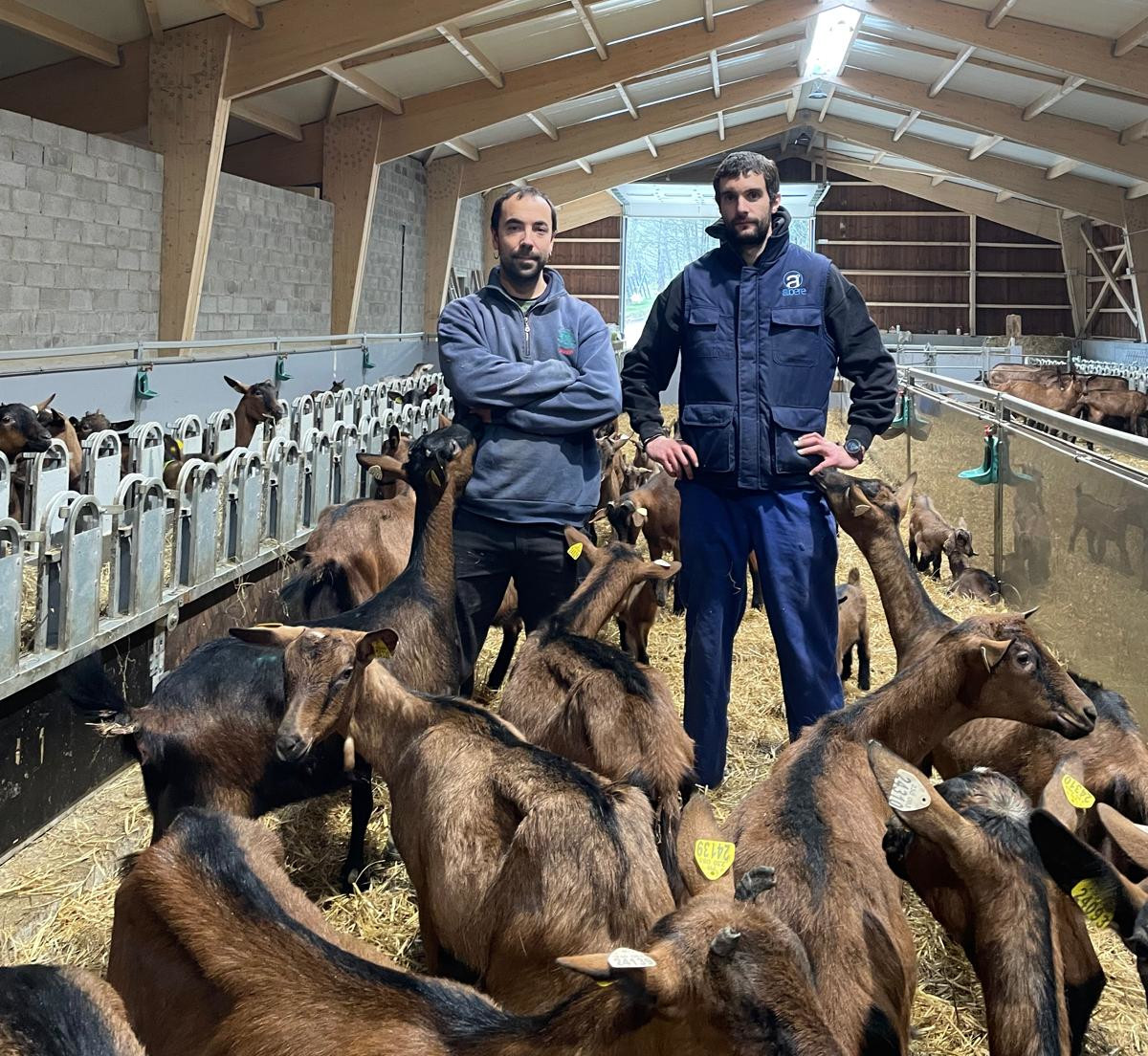The kitchen of the festivities of Leitza, with the hand of agroecological baserritarras
- For the second consecutive year, the Habelarte baserritarras association took over the dinners at the Gaztetxe of the Leitza festivities. The daily offer has been completed with products from agroecological producers of the Mountain of Navarra, and hundreds of people have gone from 10 to 14 August through their dining room. Gotzone Sestorain, member of the association, stresses that the kitchen of the Habelarte festivities has a double objective: on the one hand, the financing of the association and, on the other, being a showcase of another food model.

Prior to the pandemic, Bilgune Feminist had been organizing the cooking of the festivities in Leitza for years. “There were groups of turns created, a dynamic going on, the dining room was also successful…”, says Sestao. After the pandemic, there was no group that wanted to take over the kitchen of the Gaztetxe, and taking advantage of the recent creation of Habelarte, the members of the Gaztetxe decided to fill this gap. “Our work, the one we produce, was a good opportunity to show and echo the partnership and, consistent with our philosophy, to complement the offer: local products, made in a sustainable way…”, adds the member of the association.
In last year’s party offerings, Habelarte’s continued the cooking menu of previous years. “We tried to make the largest number of products we could have come from here, and we didn’t have products in it, we went to producers with sustainability criteria,” explains the producer. Last year, pizzas, snacks and burgers were offered. But because of some problems that have been given to pizzas last year, they have decided this year to replace them with rations. Each day they have been offered a special ration, that of the farmers in the area.
Supply adapts to the production of the environment
“What do we have above all on the Mountain? In response to that question, we have completed this year’s offer,” Sestao said. And what's on the Mountain? The area is dominated by livestock farming, and so this year they decided to include the rations of the day. On the first day they had pork rib; the second, roasted kid; the third, lamb; the fourth, piglet; and the last, roasted chicken. “All the meat has been from the producers of Habelarte, except the pig, which we have taken from a small farmer of Elizondo.”
In total, a dozen producers from Mendialdea have participated in the cooking project, offering their products, and have given over a thousand meals. In the dining room there have been large panels with the data of all these producers, so that they can be known by the citizens. “In the end, the dining room aims to create a culture, it is a way to conquer the citizenship of the gut.” For producers the sale of their products is small and gives them a boost. “And, of course, the responsibility of the organization is Habelarte, but the project goes ahead with the collaboration of the citizens and other agents. In total, more than 60 people have participated in the courses,” concluded Sestao.
Duela lau urte abiatu zuten Azpeitian Enkarguk proiektua, Udalaren, Urkome Landa Garapen Elkartearen eta Azpeitiako eta Gipuzkoako merkatari txikien elkarteen artean. “Orain proiektua bigarren fasera eraman dugu, eta Azkoitian sortu dugu antzeko egitasmoa, bere izenarekin:... [+]
Donostiako Amara auzoko Izko ileapaindegi ekologikoak 40 urte bete berri ditu. Familia-enpresa txikia da, eta hasieratik izan zuten sortzaileek ile-apainketan erabiltzen ziren produktuekiko kezka. “Erabiltzaileen azalarentzat oso bortzitzak dira produktu gehienak, baina... [+]
Ubidekoak (Bizkaia) dira Imanol Iturriotz eta Aritz Bengoa gazteak. “Lagunak gara txikitatik, eta beti izan dugu buruan abeltzaintza proiektu bat martxan jartzeko ideia”, azaldu du Iturriotzek. Nekazaritzari lotutako ikasketak izan ez arren, baserri munduarekin eta... [+]
Iruñean bizi ziren Iñaki Zoko Lamarka eta Andoni Arizkuren Eseberri gazteak, baina familiaren herriarekin, Otsagabiarekin, lotura estua zuten biek betidanik. “Lehen, asteburuetan eta udan etortzen ginen eta duela urte batzuk bizitzera etorri ginen”, dio... [+]
Gipuzkoako hamaika txokotatik gerturatutako hamarka lagun elkartu ziren otsailaren 23an Amillubiko lehen auzo(p)lanera. Biolur elkarteak bultzatutako proiektu kolektiboa da Amillubi, agroekologian sakontzeko eta Gipuzkoako etorkizuneko elikadura erronkei heltzeko asmoz Zestoako... [+]
Emakume bakoitzaren errelatotik abiatuta, lurrari eta elikadurari buruzko jakituria kolektibizatu eta sukaldeko iruditegia irauli nahi ditu Ziminttere proiektuak, mahai baten bueltan, sukaldean bertan eta elikagaiak eskutan darabiltzaten bitartean.





















